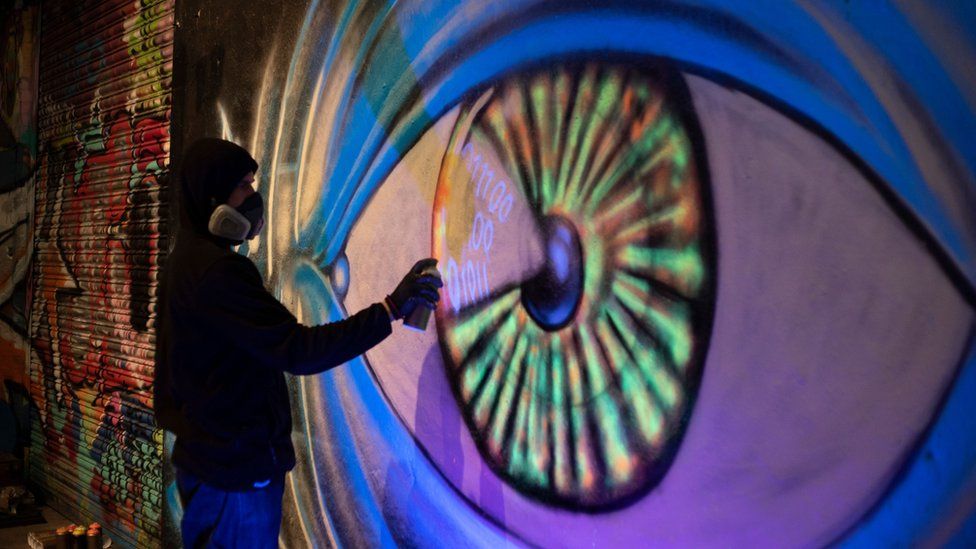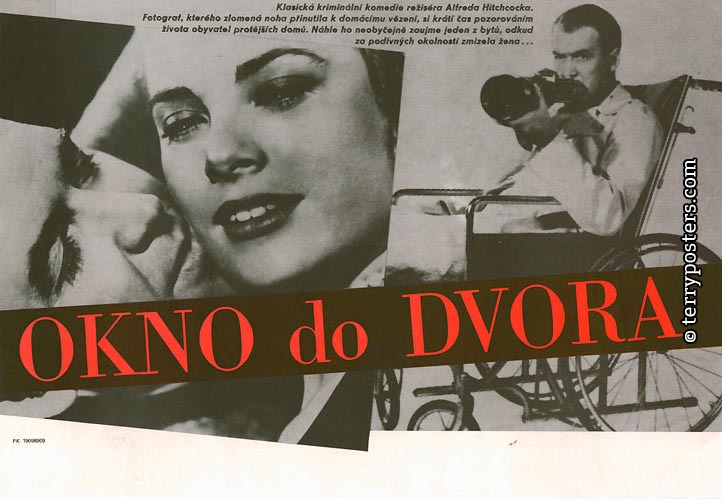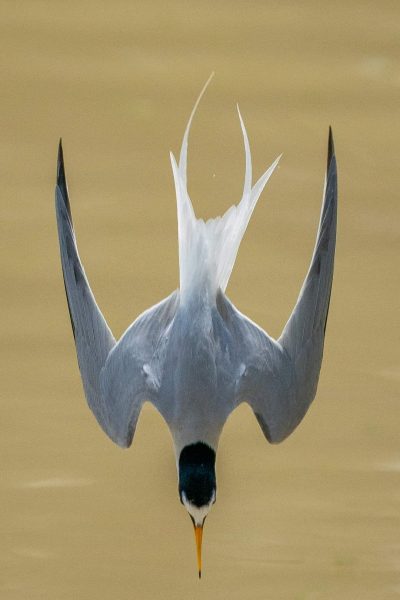Our battered suitcases were piled on the sidewalk again; we had longer ways to go. But no matter, the road is life. – Jack Kerouac We live in a wonderful world ...
Always write as if you are talking to someone. It works. Don't put on any fancy phrases or accents or things you wouldn't say in real life.
— Maeve Binchy, born in 1939

When Chief Joseph began his 1879 address in Washington, D.C., with these words, he was setting the stage for an entreaty to the U.S. government to allow his people, the Nez Percé American Indian tribe, to return to their land in the Pacific Northwest. These words were an effort to show that two differing groups — white men and Indigenous Americans — could understand each other and see one another’s points of view. They are words worth living by on a personal level as well. To forge relationships based on love and understanding, we need to speak from the heart and with honesty.
Back in 2002 backwards 2002 AD MEdia Dragon dipped its toes and fingers into digital river. 19 years ago we were on “the Kerouac Road” and walking the streets of Norman Park and Grange at Brisvegas.
In the almost two decade that followed my first posts about bittersweet memories of Communist Czechoslovakia, I have written hundreds and hundreds of Antipodean inspired blog posts as this blog morphed from being a regular blog about Life In Exile into an author blog as I shared my journey across the Cold War River with the Canadian based Double Dragon Publishing.

Like Yammer community at work, blogging community at large is peppered with thoughtful characters. Even though at work selected weak managers consider Yammer useless, however, there is an undercurrent that yearns for industrial democracy where hierarchy is so 18th century.
Bloggers everywhere equal even if some have only their own mother reading it ... There is a level of comradely that was only found in the samizdat underground as if you travel other bloggers are happy to show you their city, town, village - some even open doors 🚪 and make you to stay in their abode. It takes a blogging global village to raise media dragons 🐉
I want to say something unpopular and provocative: I am grateful for the internet, especially this year, most especially amid the pandemic that still engulfs the world.
As Nicolo Machiavelli observed,
“It must be considered that there is nothing more difficult to carry out nor more doubtful of success nor more dangerous to handle than to initiate a new order of things; for the reformer has enemies in all those who profit by the old order, and only lukewarm defenders in all those who would profit by the new order; this lukewarmness arising partly from the incredulity of mankind who does not truly believe in anything new until they actually have experience of it.“
As intellectually compelling and self-evident we would like the advantages of agile to be, the truth is that there are people who benefit from the old system, and they didn’t get to where they are because they are not astute and influential. They are not simply going to resign their current advantages because someone proposes a superior system; you have to expect that they are going to fight to maintain the boss knows best status quo.
Columbia Journalism Review: “Hyperlinks are a powerful tool for journalists and their readers. Diving deep into the context of an article is just a click away. But hyperlinks are a double-edged sword; for all of the internet’s boundlessness, what’s found on the Web can also be modified, moved, or entirely vanished. The fragility of the Webposes an issue for any area of work or interest that is reliant on written records. Loss of reference material, negative SEO impacts, and malicious hijacking of valuable outlinks are among the adverse effects of a broken URL.
Open Culture: “Design Thinking for the Greater Good: Innovation in the Social Sectorshows how and why human-centered design is a powerful tool. Offered by the Darden School of Business at the University of Virginia, the course lets students “view design thinking success stories from around the world, in areas as diverse as government, health care, and education.” Throughout the course, students will “learn the tools, techniques and mindset needed to use design thinking to uncover new and creative solutions in the social sector. You can take Design Thinking for the Greater Good for free by selecting the audit option upon enrolling. If you want to take the course for a certificate, you will need to pay a fee. Design Thinking for the Greater Good has been added to our list of Free Business Courses, a subset of our collection, 1,700 Free Online Courses from Top Universities…”
Where Some See Calls for Accountability, Others See Censorship, Punishment
“People have challenged each other’s views for much of human history. But the internet – particularly social media – has changed how, when and where these kinds of interactions occur. The number of people who can go online and call out others for their behavior or words is immense, and it’s never been easier to summon groups to join the public fray. The phrase “cancel culture” is said to have originated from a relatively obscure slang term – “cancel,” referring to breaking up with someone – used in a 1980s song. This term was then referenced in film and television and later evolved and gained traction on social media. Over the past several years, cancel culture has become a deeply contested idea in the nation’s political discourse. There are plenty of debates over what it is and what it means, including whether it’s a way to hold people accountable, or a tactic to punish others unjustly, or a mix of both. And some argue that cancel culture doesn’t even exist. To better understand how the U.S. public views the concept of cancel culture, Pew Research Center asked Americans in September 2020 to share – in their own words – what they think the term means and, more broadly, how they feel about the act of calling out others on social media. The survey finds a public deeply divided, including over the very meaning of the phrase…”
Big-name authors miss out as new voices dominate Miles Franklin longlist

Faye Schulman, Who Fought The Nazis With A Rifle And A Camera, 101

Her rifle was important during the war; her camera became more important after: “As one of the only known Jewish partisan photographers, Mrs. Schulman, thanks to her own graphic record-keeping, debunked the common narrative that most Eastern European Jews had gone quietly to their deaths.” – The New York Times
~ Machiavelli
Banksy Graffitied Walls And Wasn’t Sorry is biography of street artist Banksy written for children by Fausto Gilberti. Gilberti has also written kid’s books about other artists: Jackson Pollock Splashed Paint and Wasn’t Sorry, Yayoi Kusama Covered Everything in Dots and Wasn’t Sorry, and Yves Klein Painted Everything Blue and Wasn’t Sorry.
I’ve been a blogger for a little more than 20 years and in that time I’ve written a little more than 20 books: novels for adults; novels for teens; short story collections; essay collections; graphic novels for adults, highschoolers and middle-schoolers; a picture-book for small children, and book-length nonfiction on various subjects. I’ve written and delivered some hundreds of speeches as well, for several kinds of technical and non-technical audience, as well as for young kids and teens.
Over that same period, I’ve published many millions of words of work in the form of blog-posts. Far from competing with my “serious” writing time, blogging has enabled me to write an objectively large quantity of well-regarded, commercially and critically successful prose that has made many readers happy enough that they were moved to tell me about it — and to inspire some readers to rethink their careers and lives based on how my work made them feel.
There’s a version of the “why writers should blog” story that is tawdry and mercenary: “Blog,” the story goes, “and you will build a brand and a platform that you can use to promote your work.”
Virtually every sentence that contains the word “brand” is bullshit, and that one is no exception.
Transparency International published this post today, and I cross-post from there as a signatory referred to in it: Sixty-two civil society organisations and trade unions
Read the full article…
TV Characters, Like Everyone During The Pandemic, Have Trouble Connecting
Both on Master of None and Solos, even when the pandemic isn’t in the script, it affects everything. New seasons feel “intriguingly defined by current events, and yet similarly handicapped by them.” It’s not easy to make TV during a global pandemic, but, says a critic, “All I want now, watching shows after 14 months of social withdrawal, is to be allowed into people’s lives again, to feel something intense and unfamiliar, to be granted even a fleeting attachment to someone I don’t know. … We’re not supposed to get through this kind of thing all by ourselves.” – The Atlantic

